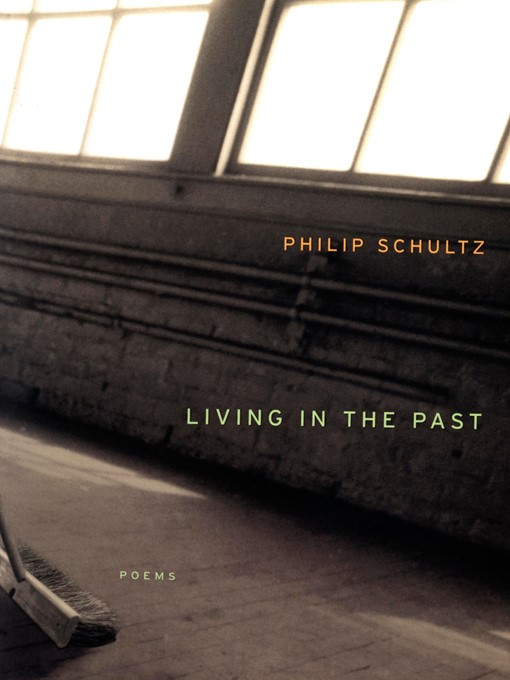
Living in the Past
کتاب های مرتبط
- اطلاعات
- نقد و بررسی
- دیدگاه کاربران
نقد و بررسی

March 22, 2004
A worried boy gets ready for his bar mitzvah, a grown man looks back on his extended family, and a somber poet reflects on the Holocaust in this moving, if hardly groundbreaking, sequence of 81 untitled poems. The first 54 remain narrative in their focus, setting the scene in "Rochester, NY, in the fifties, when all the Displaced Persons/ move in and suddenly even the elms look defeated." Schultz (The Holy Worm of Praise
) introduces an immigrant milieu where "Everyone dickers with God." A pyromaniac uncle, a suspicious grandmother, the sexy "new girl at the end of the ally" and an overconfident rabbi provide the supporting cast. Central figures are the boy himself (never named); the boy's father; and Mr. Schwartzman, a Holocaust survivor whose suicide gives Schultz a sad counterpoint to the boy's own coming of age. The last 27 poems reflect on the story from the vantage point of an adulthood where "One needs to be practical"; citing Jewish philosophers (Martin Buber among them) Schultz views the past as "houses full of performing souls, each a single/ beautiful spark." Schultz's long, clear free verse lines maintain a trustworthy voice; set beside earlier poetic takes, however, on American Jews' postwar inheritance (Robert Pinsky, say, or Adrienne Rich), Schultz's offerings seem neither formally, nor thematically, new.

April 1, 2004
In 81 long-lined, free-verse paragraphs, a Jew recalls his boyhood in the 1950s in a section of Rochester, New York, in which new immigrants settled cheek-by-jowl rather than in ethnic enclaves. Next door to Grandma lived old man Haas, a German who "screams 'Lousy Hebes' in his sleep as his swastika / lights blink in every window, and all four daughters (named Babe) goose-step / round the neighborhood." Well, maybe not; maybe that's just what Grandma thought. The looming presences of the boy's childhood--Grandma, ever yelling up at the ceiling at God; Mr. Schwartzman the piano teacher and Auschwitz survivor, whom the boy finds hanging in a closet one day; Uncle, who burns down a barn and, eventually, Grandma's house--remain turbulent giants in his memory, who seem to leave the whole neighborhood swirling in their wake. Paragraphs 55-81 speak from the present, however, wondering, "Why weren't we more ironic, philosophical, sympathetic?" Schultz's rich memory piece has the impact of a raging, kaleidoscopic animated cartoon, exhilarating and unforgettable.(Reprinted with permission of Booklist, copyright 2004, American Library Association.)

























دیدگاه کاربران